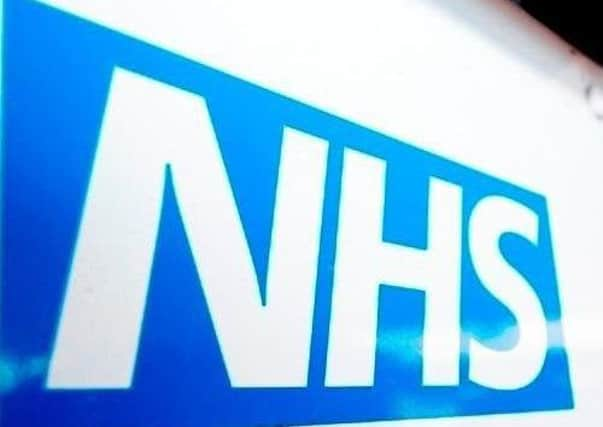Cervical screening rates in Brighton and Hove lowest in the region


And NHS England said Brighton and Hove has the lowest take up rates for cervical screening in the south east.
Of those eligible for screenings – women aged 25 to 64 – only 68.6 per cent attended in Brighton and Hove in 2016/17, a small drop from the previous year when the figure was 69.5 per cent.
Advertisement
Hide AdAdvertisement
Hide AdIn East Sussex the rate was 74.3 per cent in 2016/17 and 74.2 per cent in West Sussex.
There is also concern over statistics which show that the number of women aged 25 to 29 years of age being screened for cervical cancer is the lowest in any age group.
What’s more, this year the first girls who were vaccinated against HPV are also eligible for screening as they reach their 25th birthday, and the NHS is urging them to attend their screenings.
Surveys by cancer charities indicate embarrassment and a lack of understanding of the causes of cervical cancer may be behind the fall in numbers attending.
Advertisement
Hide AdAdvertisement
Hide AdDr Max Kammerling, consultant in Public Health Medicine and head of the Public Health Screening and Immunisation Team for Surrey and Sussex, said: “It is really important for young women to understand the importance of attending cervical screening as it can detect pre-cancer abnormalities, which, if left untreated, may develop into cancer. Screening is for people without symptoms as a preventative measure.
“The screening test is relatively simple, takes about five minutes and is performed by the practice nurse at your GP surgery. 95 per cent of results will be normal and of those that are not, the vast majority can be treated very easily and will never develop in to cancer.”
The NHS said every day nine women in the UK are diagnosed with cervical cancer and three women will lose their lives to the disease.
Cervical cancer is the most common cancer in women under 35 but is largely preventable thanks to cervical screening and the HPV vaccination programme.
Advertisement
Hide AdAdvertisement
Hide AdDr Kammerling added: “We have noticed a fall in attendance of younger women over the past few years, and are concerned that this trend may increase due to misunderstanding of the level of protection that the HPV vaccination offers. Although they are protected against the two most common HPV types that cause 70 per cent of cervical cancers, the risk is not completely eliminated and screening is still an important part of preventing cancer.”
To find out more about cervical screening, visit www.nhs.uk/conditions/cervical-screening/